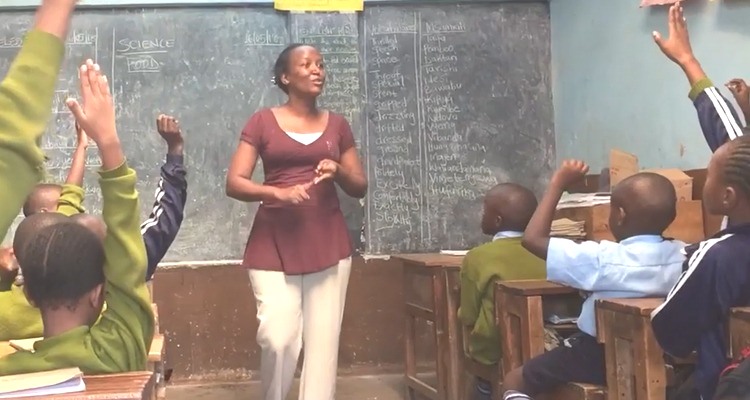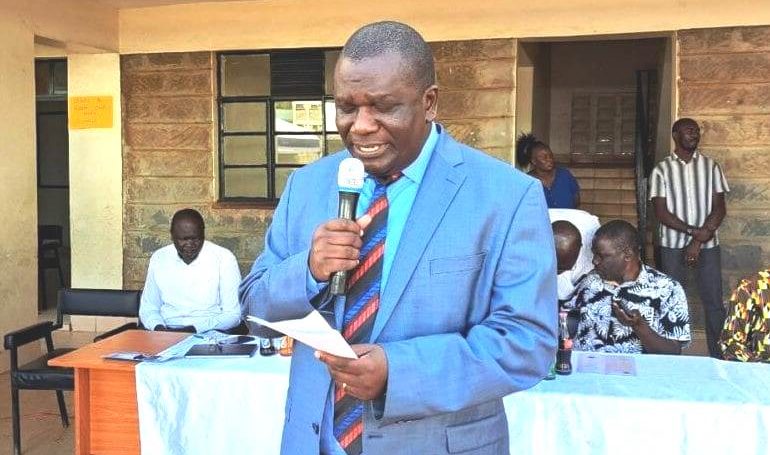The drought situation in the country is affecting school attendance in Kilifi and Kwale counties, with schools recording barely 70 percent of class attendance.
Maereni Primary School in Kaloleni, Kilifi County is among those affected as it has been recording a daily attendance of about 259 pupils despite the school having a population of 370 students.
The situation is similar to Mbungoni Primary School which has a population of 550 pupils.
“Most parents in this part of Kilifi depend on farming, but as you are aware, the rains have failed for about four seasons now making it difficult to provide food for their for their children,” said Maereni Primary School teacher Wycliffe Kichwangi.
Most parents in this part of Kilifi depend on farming, but as you are aware, the rains have failed for about four seasons now making it difficult to provide food for their children, said Mareni primary school teacher Wycliffe Kichwangi
Kichwangi said that the hunger situation is affecting class attendance and retention, threatening the overall performance of the school.
The rains have failed for the last four seasons with the weatherman predicting minimal rains this season too.
The greatest challenge has been keeping the children in school due to the hunger situation being experienced here in Kilifi” he said.
“Even for you as an adult, it is difficult for you to go to work on an empty stomach, you can imagine what the children are going through,” Kichwangi said.
According to the 2022 long rains food and nutritional security assessment report released by the National Drought Management Authority at statehouse Nairobi in February, about 6 million people in 32 counties are affected by the prolonged drought and acute malnutrition.
The company donated bags of maize, beans, cooking oil, salt and cutleries enough to sustain the children for the next two months.
I have informed the managements of these schools and orphanage homes to inform us at least one weak ahead before the food rations ends so that we can replenish them with another two month’s supply,” said Paul.
We are going to give local public schools food rations that would last them for two months after which we would keep on replenishing until the drought subsides to ensure learning is not interrupted,” said Paul.
He said that they are spending about Sh.2.5 million every two months for the program in Kaloleni.
“This aid is going to go a long way to boost the morale of our children and will improve the school performance because children will be present at school on a daily basis,” he said.
In Samburu sub county, Kwale, Paul said that the recently launched Sh.50 billion Devki Steel Mills Company is supporting another 2,500 children in four primary schools and an orphanage home.
By Collins Akong’o
Get more stories from our website: Education News
You can also follow our social media pages on Twitter: Education News KE and Facebook: Education News Newspaper for timely updates.






